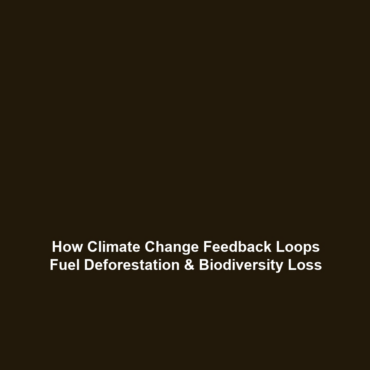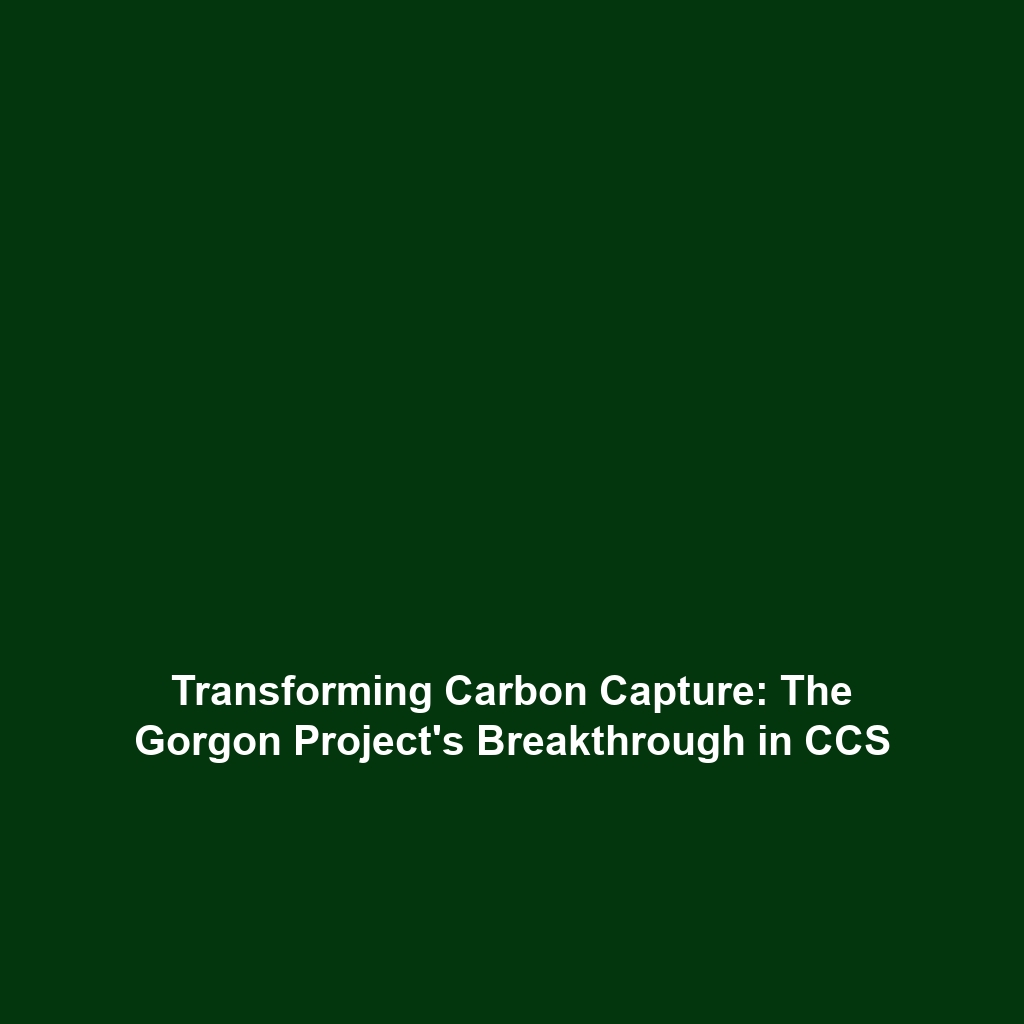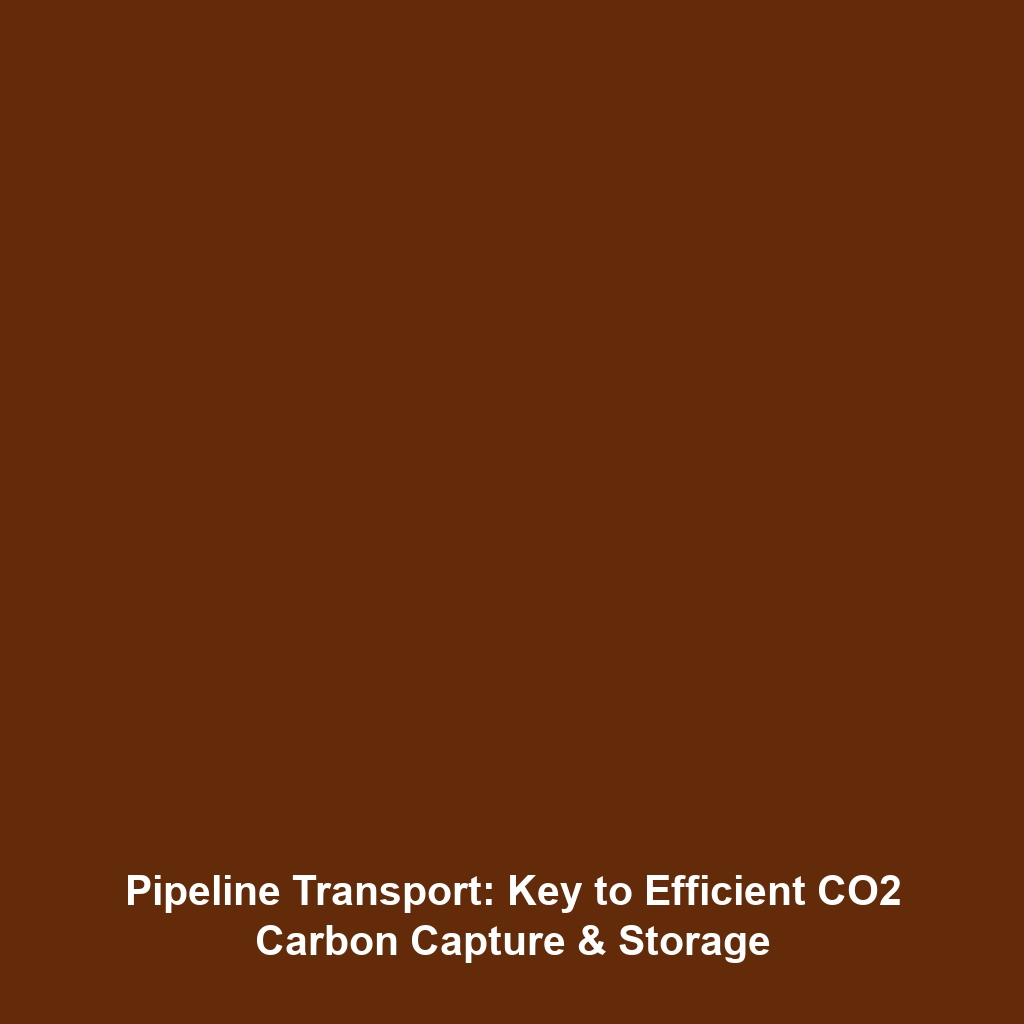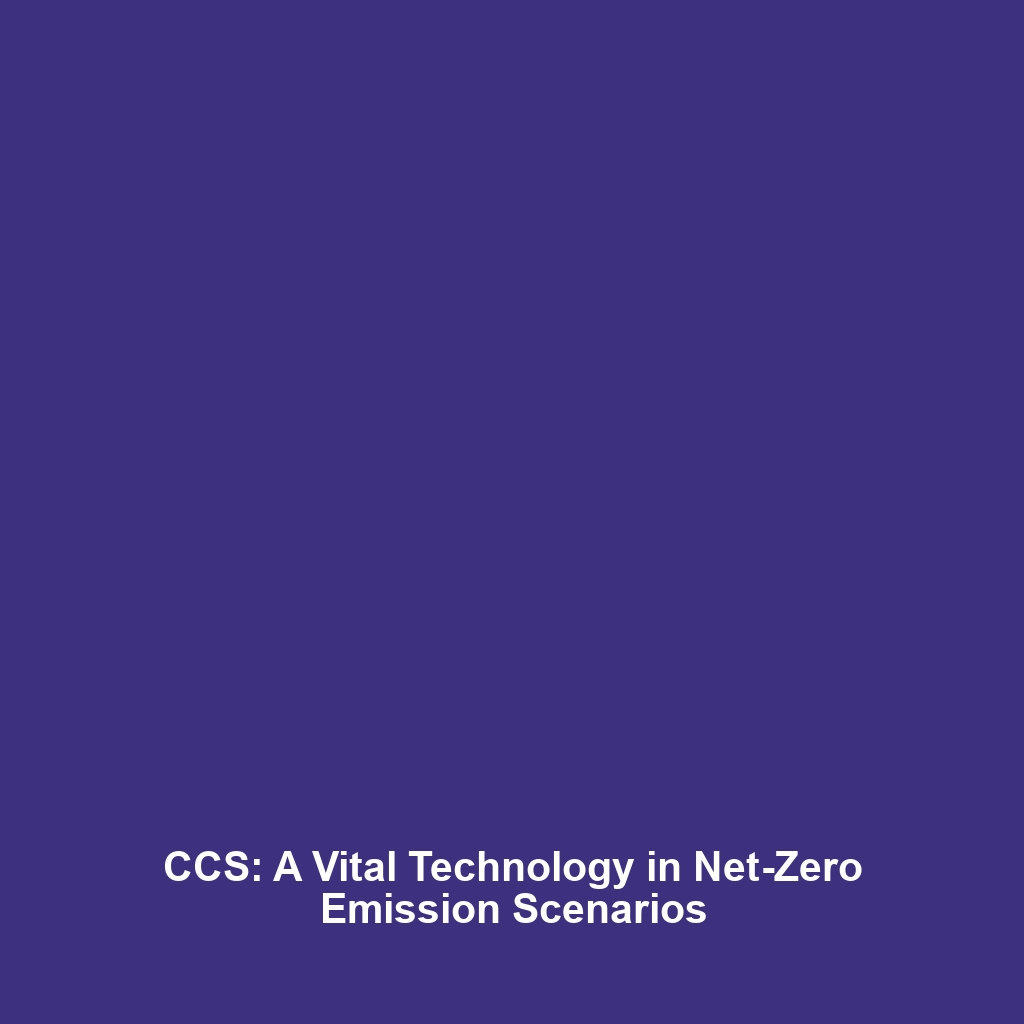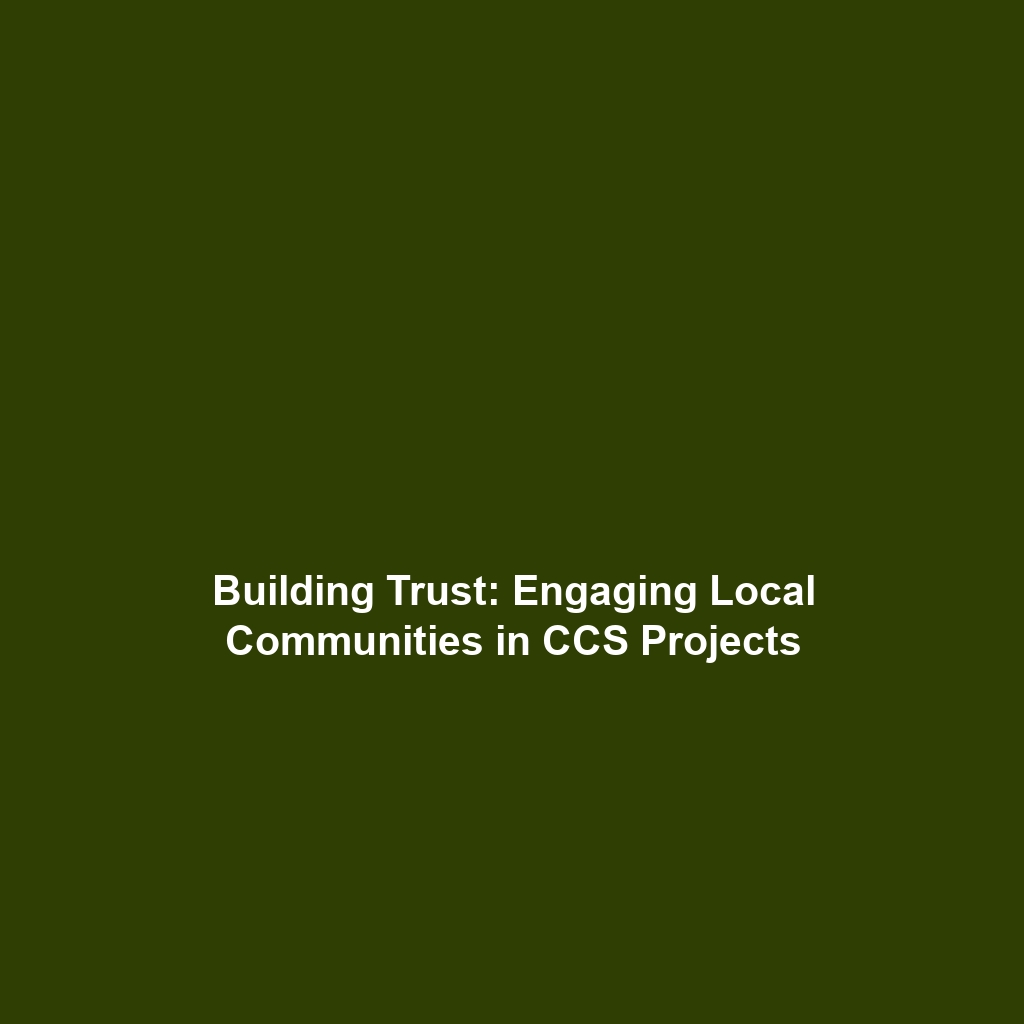Climate Change and Feedback Loops: Amplifying Global Warming
Climate change, driven by various human activities, significantly alters ecosystems and biodiversity worldwide. One of the critical aspects of this phenomenon is the role of feedback loops, which can exacerbate global warming. As deforestation accelerates and biodiversity declines, the interactions between these elements create a cycle that further intensifies climate challenges. Understanding the mechanism of feedback loops is essential for developing strategies to combat deforestation and protect global biodiversity.
Key Concepts
Understanding Climate Change
Climate change refers to long-term alterations in temperature, precipitation, wind patterns, and other elements of the Earth’s climate system. It has far-reaching impacts, particularly concerning biodiversity loss and deforestation.
Feedback Loops
Feedback loops are processes where the output of a system amplifies or diminishes its initial effects. In the context of climate change:
- Positive Feedback Loop: This occurs when an initial change causes further changes that enhance the original effect, such as melting ice caps leading to lower albedo and increased solar absorption.
- Negative Feedback Loop: This refers to processes that counteract changes, such as increased plant growth absorbing more carbon dioxide, potentially mitigating climate impacts.
The interplay of these feedback loops plays a crucial role in understanding deforestation and biodiversity loss.
Applications and Real-World Uses
Understanding climate change and feedback loops can lead to practical applications that target deforestation and biodiversity loss:
- Restoration Ecology: Using feedback mechanisms to enhance ecosystem resilience through reforestation and habitat restoration.
- Climate Predictions: Improved climate models accounting for feedback loops enable better forecasting and resource management strategies.
- Sustainable Agriculture: Integrating biodiversity into agricultural practices can harness negative feedback loops to mitigate the impacts of climate change.
Current Challenges
Despite advancements, several challenges hinder the effective study and application of climate change and feedback loops:
- Complex Interactions: Difficulty in predicting outcomes due to the complexity of ecological relationships.
- Lack of Data: Inadequate long-term data hampers accurate modeling of feedback phenomena.
- Policy Challenges: Implementing effective policies that address both climate change and biodiversity conservation is often politically contentious.
Future Research and Innovations
Future studies are anticipated to pave the way for significant breakthroughs, focusing on:
- Next-Gen Climate Models: Enhanced simulation tools that better account for feedback loops and their implications on deforestation.
- Innovative Restoration Techniques: New methodologies for restoring ecosystems that integrate feedback loop principles to enhance resilience.
- Interdisciplinary Approaches: Collaboration across fields such as ecology, climatology, and social sciences to create multifaceted solutions.
Conclusion
Climate change and feedback loops significantly influence global warming and exacerbate deforestation and biodiversity loss. Understanding these dynamics is vital for developing effective mitigation strategies. As we look toward the future, increased research, innovative applications, and sustainable practices will be essential in addressing these interconnected challenges. Learn more about related topics to understand the broader implications and how you can get involved.
